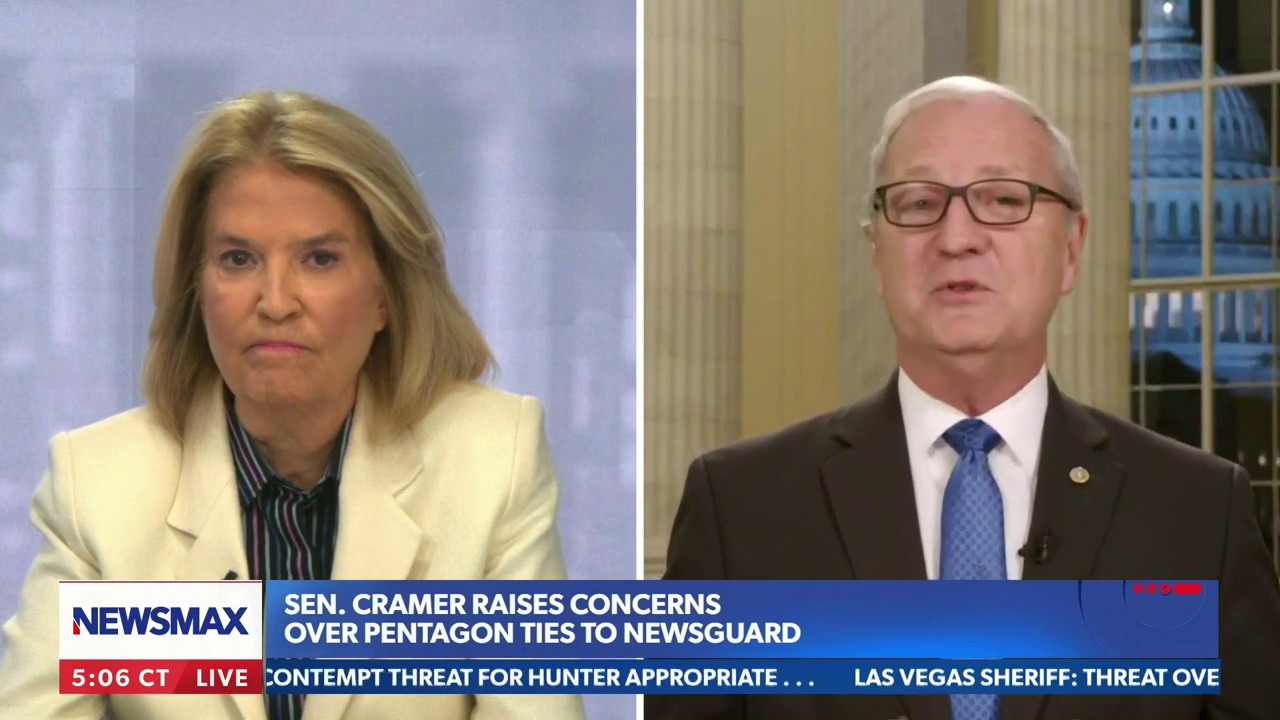Senators Keep Talking on Possible Ukraine, Border Deal; Why a Border Deal Might Not Fix the Border: Speeding Up Expulsions of Immigrants, Boosting Detention Could Have Unpredictable Effects
Senators Keep Talking on Possible Ukraine, Border Deal:
Discussions aimed at reaching a bipartisan deal concerning Ukraine aid and U.S. border security have continued during the holiday recess, according to one Senate negotiator.
Sen. Chris Murphy, D-Conn., said the core negotiating group has continued meeting virtually, except for a couple days off around Christmas. The latest call occurred Friday morning, Politico reported.
Murphy, who joins Sens. Kyrsten Sinema, I-Ariz, and James Lankford, R-Okla., in leading the border policy negotiations, added that no deal was imminent as negotiators are “at the point where we’re working through text,” the outlet reported.
Lankford early Friday afternoon took to X, formerly known as Twitter, to say: “Anyone outside of Washington, DC can clearly see that the US-Mexico border is in crisis.”
There has been no indication whether GOP House leadership has given any assurances on passage of a supplemental package.
ABC News reported Wednesday that the main areas of discussion included toughening asylum protocols for migrants arriving at the U.S.-Mexico border, adding personnel and high-tech systems to border enforcement, and deterring migrants from attempting to travel to the southern border. —>READ MORE HERE
WSJ: Why a Border Deal Might Not Fix the Border
Speeding up expulsions of immigrants, boosting detention could have unpredictable effects
The immigration-policy proposals that Republicans and Democrats have haggled over for weeks have one big catch—they may not do much to stem the flow of migrants at the border.
Arrests of migrants surged recently to above 10,000 a day along the Southwest border, overwhelming agents and prompting the unusual move of closing some bridges and ports. President Biden dispatched Secretary of State Antony Blinken and top Homeland Security officials to Mexico to discuss how to stem the flow, while House Speaker Mike Johnson (R., La.) demanded the White House take executive action to turn back migrants.
These new warning flashes turned up the pressure on bipartisan negotiators in Washington, who failed to reach a deal before Christmas but are continuing talks in hopes of passing a measure in early January that combines immigration policy changes with aid to Ukraine and Israel, a condition demanded by Republicans.
The measures under consideration—ranging from new detention beds to ramped up expulsion powers and limits to White House discretion—add up to less than a grand vision for the border and more to discrete policies that may or may not have an impact.
Administration officials have signed off on creating a new expulsion authority that would deny migrants a chance to ask for asylum at the southern border, akin to the pandemic-era Title 42 policy that continued for several years into Biden’s presidency. They also agreed that more migrants should be held in immigration detention for the duration of their cases, a sharp reversal from the Democratic goal to shrink or even eliminate the use of Immigration and Customs Enforcement jails.
But neither would be a sure thing in curtailing border crossings.
Increasing mandatory detention of asylum seekers is the likeliest of the tools on the table to immediately deter more people from coming—but it isn’t clear how far Democrats are willing to go to detain migrants, particularly families. It’s also one of the most expensive measures, as it would be hard to fund enough beds to handle the volume of migrants.
The new expulsion authority under consideration would also have an unpredictable impact. When Title 42 was in effect, illegal crossings still reached record levels, though most migrants weren’t trying to seek asylum. Other measures under discussion, like expanding the ability to deport immigrants in the country without a trial, would have only an indirect impact on current flows, other than to add to an unwelcoming picture for migrants in the future.
Republicans have also insisted on changes to a second aspect of the immigration system known as humanitarian parole, which allows the government to let people into the country without a visa. The Biden administration has used the authority extensively—to evacuate 80,000 Afghans, provide a path for more than 10,000 Ukrainians fleeing war and, most recently, admit tens of thousands of asylum seekers a month who make appointments with the government in advance.
The reason: Republicans view parole as a back door. If Congress prevents migrants from coming to the U.S. to ask for asylum, the Biden administration or a future one could still admit large numbers of people under this separate authority, and because under parole they haven’t entered the country illegally, it becomes easier for them to become permanent residents down the line. —>READ MORE HERE







Comments are closed.